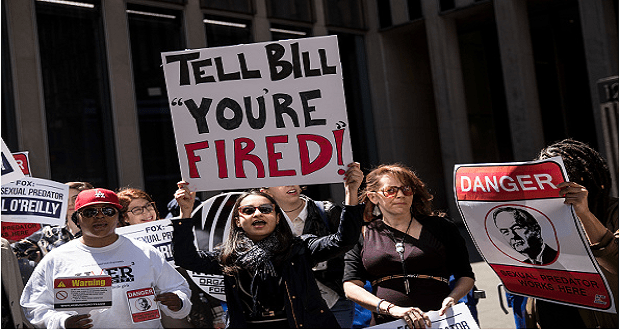
I just used the search terms “helping migrants court case” because I wanted to share some thoughts on the case of Scott Warren, the 36 year old geography teacher who was facing up to 20 years in prison for helping migrants crossing into Arizona. The story came right up. And like our search terms, historical moments are being etched into our collective memories for future generations to read. Unless we change our relationship to migrants, they will read that we criminalized help.
Like our search terms, historical moments are being etched into our collective memories for future generations to read. Unless we change our relationship to migrants, they will read that we criminalized help. Click To TweetAll over the world, people are migrating to new places in unprecedented numbers due to global famines, ecological disasters, economic inequality and the ripple effects of decades-old political corruption coming home to roost. The response from the most developed nation-states has been to criminalize the natural flow of people into the unnatural systems that are responsible for migration in the first place. Blaming the poor is always the lowest hanging political fruit.
Although the US has some of the harshest immigration policies, we are not alone in criminalizing migrating people or those who want to help them. Just last year, an olive farmer in France was tried for helping dozens of migrants into the country (a step beyond providing basic food and water) but he was found not guilty based on the “principle of fraternity” in the French Constitution. But similar cases have occurred in Italy, German and other European nations.
The Warren case was eventually dismissed after a hung jury, and will be revisited later by a special council. Before this, the defense made the case, siding with the United Nations, that the charges should be dropped because we should not criminalize humanitarian aid. The prosecution was seeking felony charges, arguing that Warren went beyond humanitarian need to aid the two men he helped hide from border patrol. Depending on your politics, even if Warren were helping them enter the country safely, that is its own kind of help. In an alternative world, we might view citizenship and fluid borders as aids like we do water, food or shelter. I volunteered for several years with an organization that offered free legal services to immigrants to pursue a path to citizenship—those lawyers were vital and life-giving helpers.
In an alternative world, we might view citizenship and fluid borders as aids like we do water, food or shelter. Click To TweetIn D&I work, one of the inclusive behaviors that we model is the role of perspective-taking in relationships—a skill that is equally powerful and vital in working across differences. Seeing the world and others through our own eyes takes no effort. It is the default view of things that children are born with. But if we want to grow up into flourishing people and communities, we have to do the harder work of seeing the world through others’ eyes. This is why parents introduce stories, games and lessons to children to help them cultivate an “other-oriented” view of things beyond their immediate desires and perspectives.
The Warren case has not only given me pause to reflect on the ways that we default to criminalizing people (i.e. “illegal aliens”) and their helpers, but also how migrating people must view us. As US citizens, we have the inherent power to tell the immigration story from our perspective, emphasizing borders, security, legality, and “justice.” But I wonder what those seeking our help will tell their future generations about us. Will we be known as helpers or those who criminalized help?


















